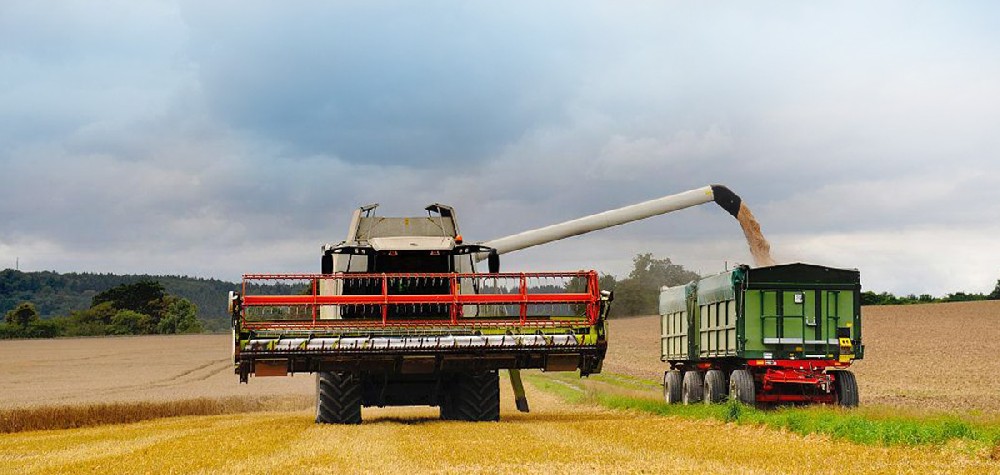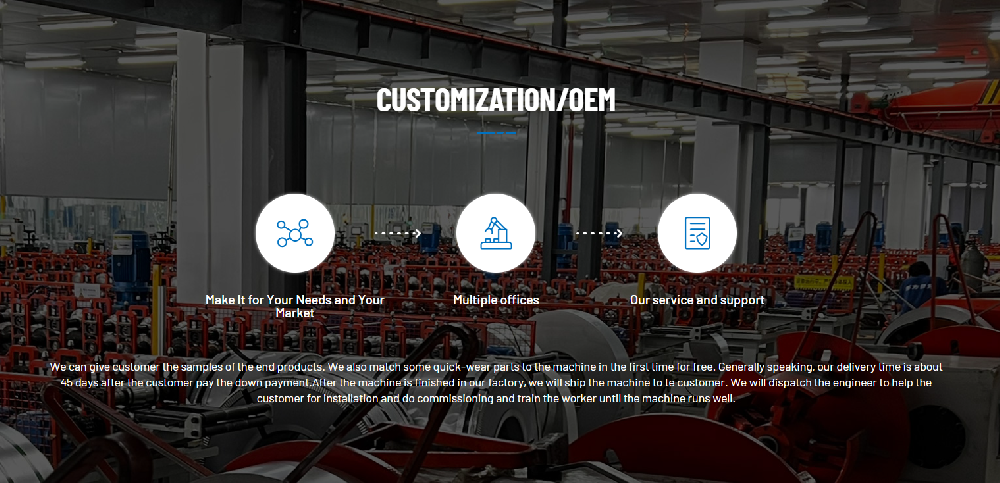Navigation Menu
Contact Us
- Email:
- info@wxavatar.com
- Address:
- Yurong Village, Yuqi Street, Huishan District, Wuxi, China.
Release Date:Jun 06, 2025 Visit:49 Source:Roll Forming Machine Factory
In today's competitive manufacturing landscape, companies constantly seek efficient production methods that deliver precision results while maintaining cost-effectiveness. Custom roll forming has emerged as a valuable solution for creating complex metal profiles with consistent quality. This article explores the advantages of custom roll forming for manufacturers requiring specialized metal components.

Understanding Custom Roll Forming
Custom roll forming is a continuous bending operation where long strips of metal, typically coiled steel, pass through sets of rolls mounted on consecutive stands to gradually form the desired cross-section profile. Unlike other metal forming processes, roll forming specializes in producing extended lengths of precisely shaped metal with uniform characteristics throughout the entire production run.
Key Benefits of Custom Roll Forming for Complex Profiles
1. Precision in Complex Geometries
Custom roll forming excels at producing intricate profiles that might challenge other manufacturing methods. The process can incorporate multiple bends, curves, and special features into a single continuous profile. This capability allows manufacturers to create components with tight tolerances and complex shapes that maintain consistency over long production runs.
2. Material Efficiency
The roll forming process minimizes material waste compared to alternative methods. Since the operation works with continuous coils of metal, scrap is primarily generated only at the start and end of each production run. This efficient use of materials contributes to overall cost savings, especially for large-volume orders.
3. Production Speed Advantages
Once the tooling is set up, custom roll forming operates at relatively high speeds, producing finished profiles in a single pass through the mill. This continuous process often proves faster than alternative methods that might require multiple operations to achieve similar results.
4. Consistent Quality Across Production Runs
The nature of roll forming ensures that each foot of material maintains identical characteristics to the previous section. This consistency is particularly valuable for applications requiring uniform performance across long lengths or multiple identical components.
5. Strength Retention in Finished Products
Unlike some metal forming processes that might compromise material strength, roll forming maintains the structural integrity of the base metal. The cold-forming process work-hardens the material at bend points, often enhancing certain strength characteristics in the finished profile.
Applications for Custom Roll Formed Profiles
Industries utilizing custom roll forming for complex profiles include:
Automotive components
Building and construction materials
HVAC system parts
Industrial equipment frames
Transportation infrastructure elements
Agricultural machinery components
Considerations for Implementing Custom Roll Forming
While custom roll forming offers numerous advantages, manufacturers should evaluate several factors:
Initial tooling investment requirements
Minimum production quantities for cost-effectiveness
Material specifications and thickness ranges
Profile complexity and dimensional tolerances
Secondary operation requirements (punching, notching, etc.)
Conclusion
Custom roll forming presents a compelling solution for manufacturers requiring complex metal profiles with consistent quality and efficient production. Its ability to handle intricate designs while maintaining material properties makes it particularly valuable for specialized applications across multiple industries. By understanding the capabilities and advantages of this process, manufacturers can make informed decisions about incorporating custom roll forming into their production strategies for complex profile requirements.

For businesses exploring metal forming options, custom roll forming warrants consideration, especially when project specifications demand precision, efficiency, and repeatability in complex profile manufacturing.